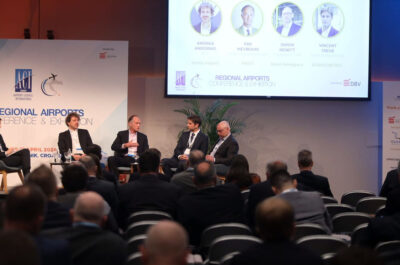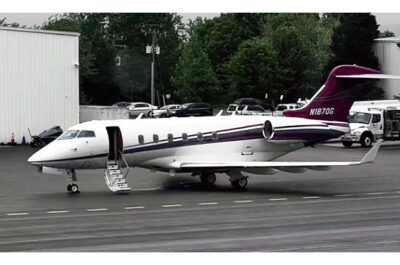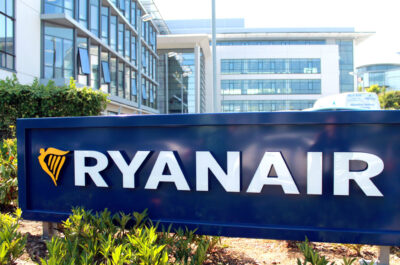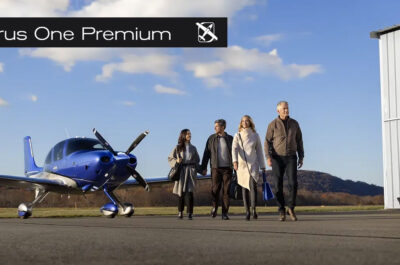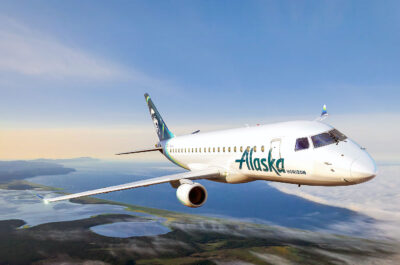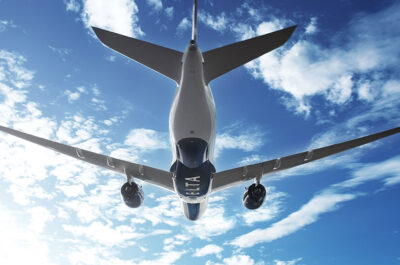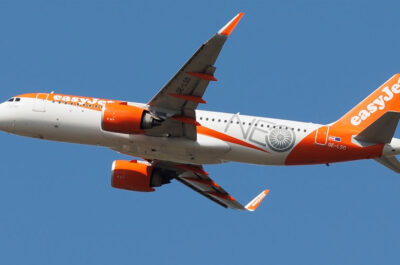The Transport Council agreed on a package of measures that passes responsibility for conducting key air transport negotiations to the European Commission…
The Transport Council agreed on a package of measures that passes responsibility for conducting key air transport negotiations to the European Commission. In particular, it granted the European Commission a mandate to begin negotiations on a new transatlantic air agreement. It also agreed that the Commission should open negotiations with other foreign states on airline ownership restrictions and that Member States should be permitted to continue bilateral negotiation subject to a degree of Community control. This is an historic decision. Today we have reached a deal that will enable the European Union to assert itself at international level and to work for the benefit of its consumers and its aviation industry said Loyola de Palacio, vice-president in charge of Transport and Energy. We aim to launch negotiations with the US within a month on an agreement that will bring together the two largest aviation markets in the World.
The package agreed today consists in three different parts:
- a Council decision on authorizing the Commission to open negotiations with the United States in the field of air transport.
- a Council decision authorizing the Commission to open negotiations with third countries on the replacement of certain provisions in existing bilateral agreements with a Community agreement.
- a proposal for a Regulation of the European parliament and of the Council on the negotiation and implementation of air service agreements between member States and third countries.
Mandate for negotiating an Open Aviation Area with the US
The agreement reached at the Council authorizes the Commission to open negotiations with the United States and, in addition, grants it a general mandate to open negotiations with any foreign country in order to secure market access for all Community airlines on a non-discriminatory basis. This agreement marks a historic development in the Community`s aviation policy. For the first time, representatives of the two largest aviation markets in the World, the US and the EU, will be able to discuss opening up their markets and investment rules directly. The mandate covers a wide-range of issues as, among others: traffic rights, routes, capacity, frequency, slots, fares, application of competition rules, high standards of safety and aviation security.
Replace the bilateral agreements with Community agreements:
On the basis of the decisions taken today, the European Commission will present new mandates for negotiation with other countries in view of the liberalization of air transport. The priorities for negotiations will have to respond to the economic and commercial expectations of the industry, starting with the countries which are ready to negotiate openskies agreements. As a reminder, Community agreements already exist with Norway, Iceland and Switzerland.
Correct the legal problems
Another agreement gives the European Commission a general negotiating mandate that will allow the Community to open negotiations with other countries to correct the legal problems identified by the Court – the cases only involved agreements with the US, but the same problems exist in almost all other bilateral aviation agreements. The Commission and the Member States will work together to identify the priority countries with which the Community should seek to open negotiations.
Changing the nationality restrictions
The package recognizes the fundamental importance of changing the nationality restrictions that exist in most bilateral agreements in this sector. These restrictions mean that international routes to and from a Member State can be flown only by air carriers owned and controlled by nationals of that Member State – in most cases the national flag carrier. Because an air carrier cannot risk losing its nationality, since it would also lose its traffic rights, European airlines have been prevented from taking any restructuring measures, such as mergers or acquisitions, that would involve cross-border deals. With many traditional carriers facing economic problems, it is important that they are given this freedom and greater access to international capital. The nationality clauses will therefore need to be changed to allow this possibility.
Under our new general mandate, we will start discussions with Member States immediately in order to identify the countries with which we should open negotiations as a priority to change the national ownership restrictions that are so damaging to our aviation industry said Loyola de Palacio.
Coordination between the European Commission and the Member States
The general mandate will allow the Commission to pursue negotiations to seek the amendment of the nationality rules with any country, allowing for a series of targeted negotiations with important partners. Nevertheless, in view of the immense and extraordinary task to renegotiate and amend hundreds of existing bilateral agreements, it was also agreed that Member States, in the framework of a new regulation, are to be authorized to negotiate agreements, under the control of a system of coordination and on the basis of standard texts agreed at European level. The framework of cooperation established at EU level will ensure proper coordination and remove discrimination between different European airlines. This will enable the international aviation system to continue without threat of breakdown explained Loyola de Palacio
Background
In November, the Court of Justice ruled on the legality of bilateral agreements between eight Member States and the US.
The Court found that the agreements had two legal faults. First, they contain commitments on areas that are covered by Community law, when only the Community itself can make such commitments. Second, they restricted access to the air transport market between each Member State and the US on the basis of nationality. This means, for example, that a European airline must be majority owned by German interests if it is to fly between Germany and the US or majority owned by Finnish carriers if it is to fly between Finland and the US. Inside the EU, the Treaty forbids such discrimination. Governments may not discriminate in favour of their own nationals or companies.
As a result of the first finding, the Community must be involved in the negotiation of agreements. Community law now covers a wide range of issues such as safety, security, groundhandling, fares, computerised reservation systems, slots and passenger protection and the Community must ensure that these rules are properly reflected in all agreements with foreign countries.
As a result of the second finding, all air transport agreements that include discriminatory clauses must be renegotiated to give any European airline with an establishment in a Member State the same level of access to international markets as the national carrier.
These are major changes. In particular, the current bilateral system has strictly controlled the ownership of airlines, preventing them from restructuring on an international level in the same way as other global businesses. The recognition that these ownership rules must be dismantled within the EU will permit the emergence of pan-European airlines, as well as providing a stimulus for the opening-up of investment rules and market access worldwide.
Theodore is the Co-Founder and Managing Editor of TravelDailyNews Media Network; his responsibilities include business development and planning for TravelDailyNews long-term opportunities.


































































































































































